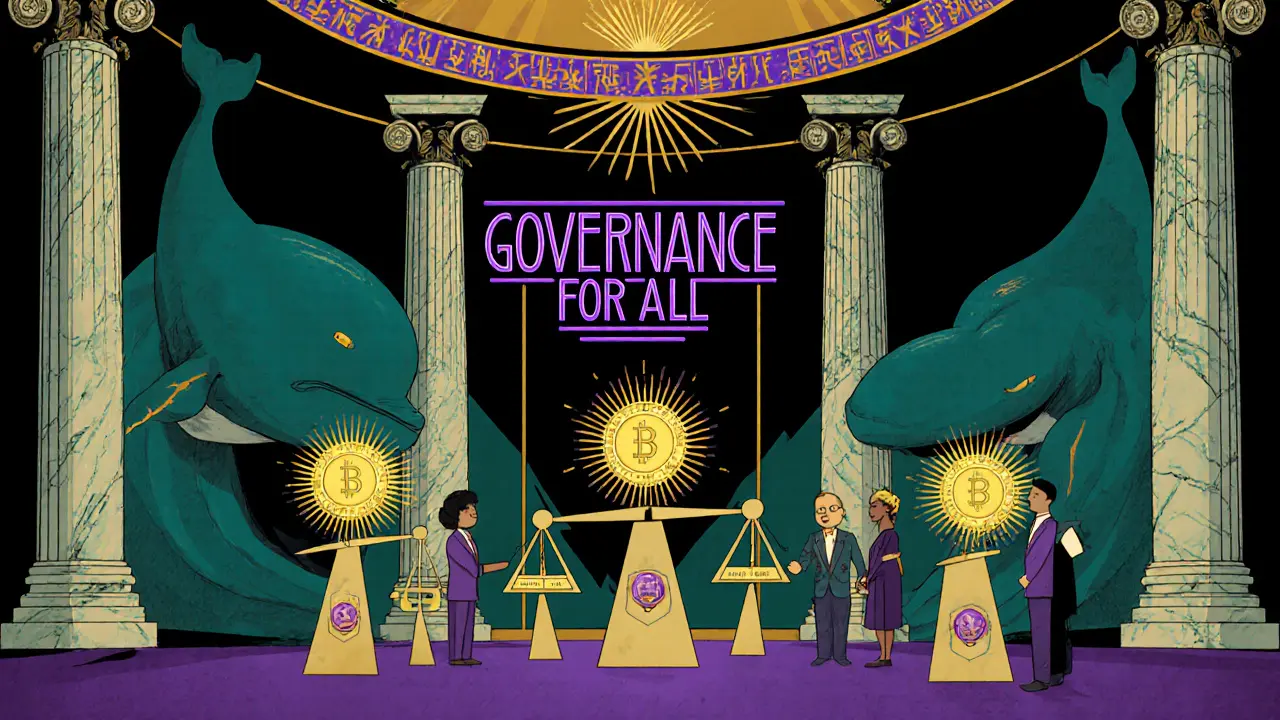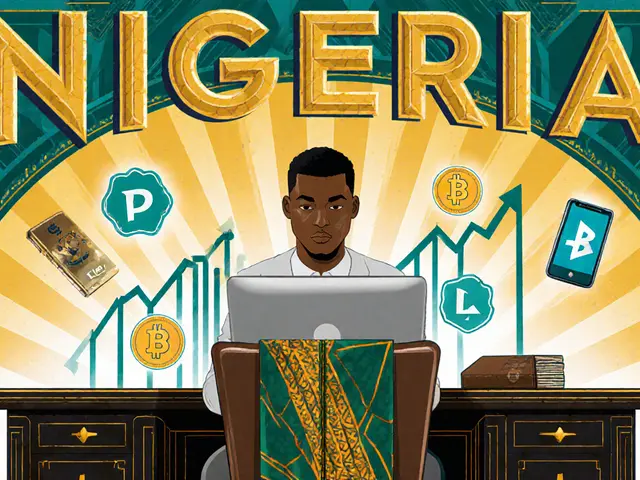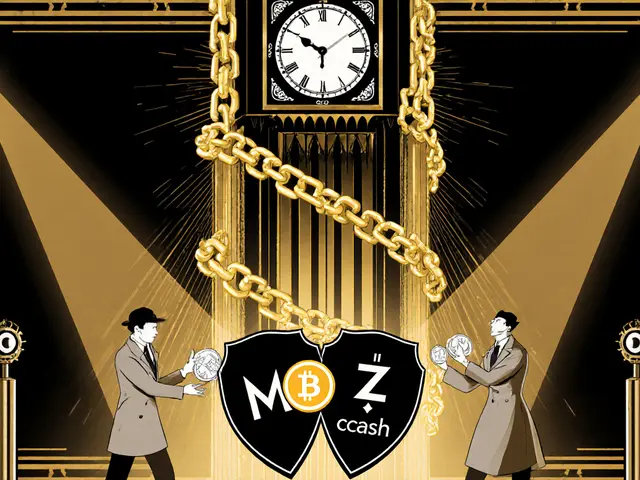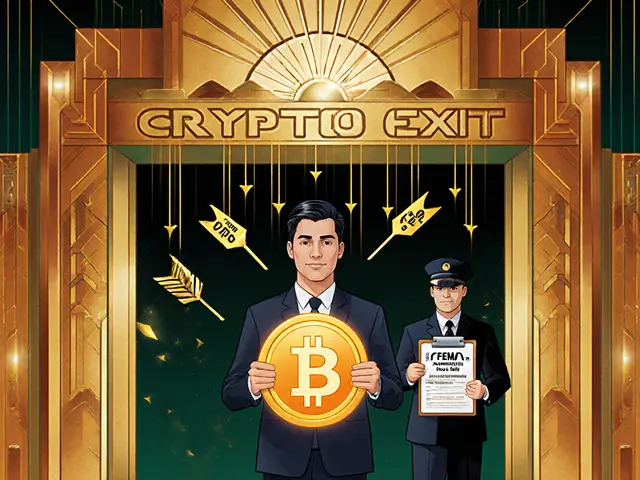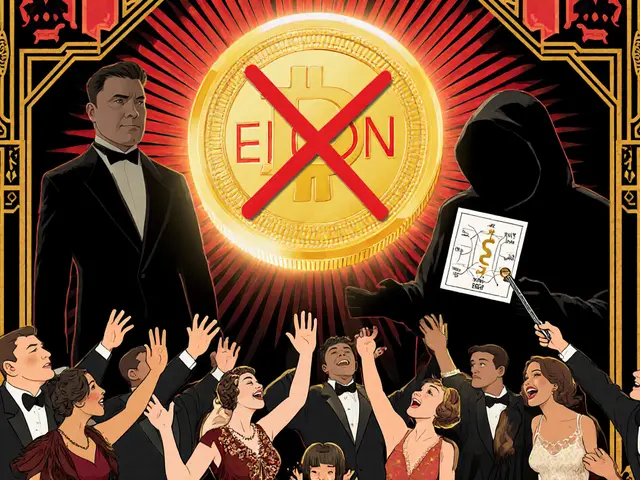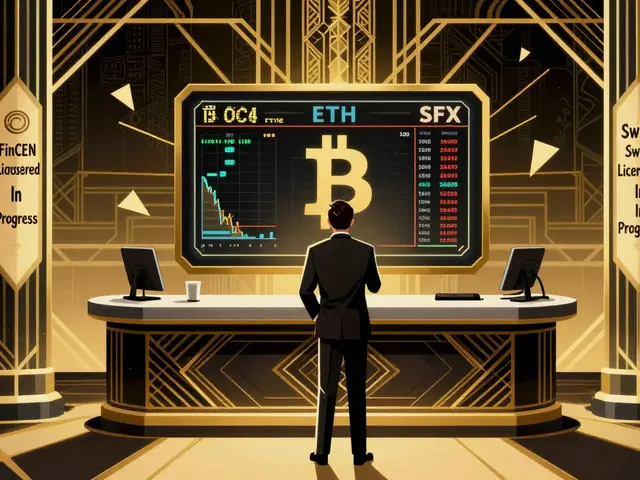Decentralized Autonomous Organization: What It Is and How It Powers Crypto Projects
When you hear decentralized autonomous organization, a group that operates through rules encoded in smart contracts without a central boss. Also known as DAO, it’s not a company, not a nonprofit—it’s a digital collective that runs on blockchain, where every member holds a token and votes on decisions like funding, upgrades, or rule changes. This isn’t theory. DAOs are already running DeFi platforms, managing treasury funds, and even hiring developers—all without a CEO or office.
Behind every DAO is a smart contract, self-executing code on a blockchain that enforces rules automatically. These contracts handle everything from voting to payouts. If a proposal gets enough votes, the contract releases funds or updates the protocol—no human approval needed. That’s why blockchain governance, the system where token holders vote on protocol changes matters so much. Projects like OraiDEX and Aura Finance use DAOs to let users decide how fees are used or how new features are rolled out. You don’t just hold a token—you have a say in where it goes.
But DAOs aren’t perfect. Some are controlled by a few big wallets. Others get flooded with spam votes or fall apart when community interest dies. That’s why you’ll find posts here about real-world DAOs in action—like how OpenLeverage lets OLE token holders vote on risk parameters, or how Gelato’s community votes on automation upgrades. You’ll also see cases where DAOs failed, or where fake ones tried to mimic them, like the scammy LocalCoin DEX pretending to be decentralized. This collection shows what works, what doesn’t, and why some DAOs survive while others vanish.
Whether you’re voting on a proposal, staking tokens to gain influence, or just trying to understand why a project doesn’t have a CEO, knowing how DAOs work helps you spot real governance from theater. Below, you’ll find deep dives into DAO-powered exchanges, governance tokens, and the hidden risks behind the hype—all written so you don’t need a computer science degree to get it.
Future of DAO Governance Models in 2025: How Decentralized Decision-Making Is Evolving
DAO governance is evolving beyond token voting. In 2025, AI, reputation systems, quadratic voting, and cross-chain tools are making decentralized decision-making fairer, more efficient, and more inclusive than ever.
